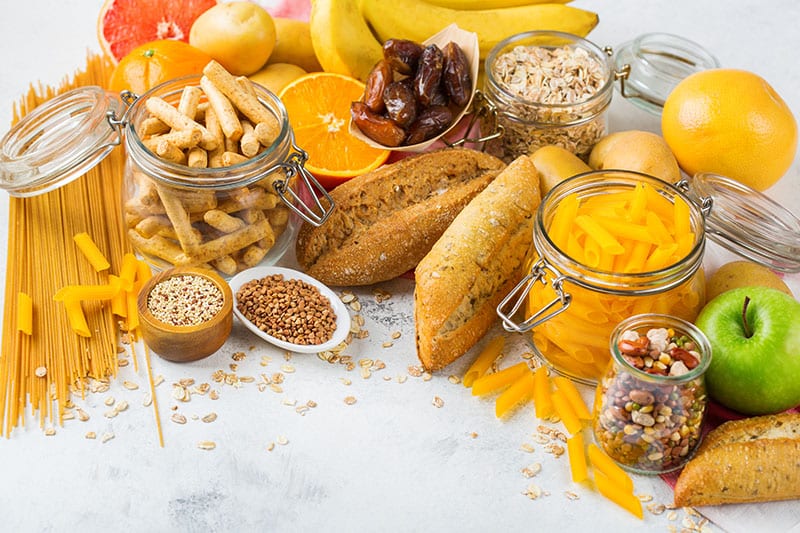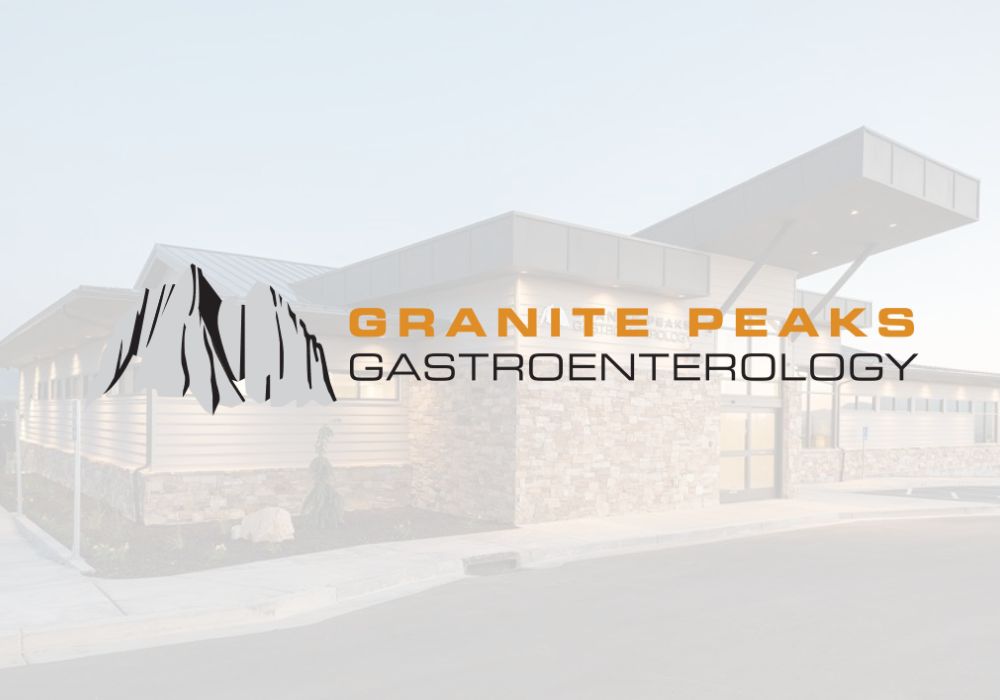My previous segment introduced some of the symptoms and concerns regarding celiac disease and non-celiac gluten-sensitivity. This segment will discuss some of the food terms that signal gluten in a product and the nutritional deficiencies that may come from a gluten-free diet.
The providers at Granite Peaks Gastroenterology do not recommend a gluten-free diet for those who do not have a sensitivity or intolerance of gluten. Nutritional deficiencies can develop as a result of a restrictive diet. For patients with these conditions, your gastroenterologist and dietitian work to achieve complete nutrition for their patient while eliminating symptom-causing foods.
What foods contain gluten?
Any foods containing wheat, barley, and rye have gluten in them. Oats can be a problem if they are grown in the same fields with wheat, which they typically are. Specific gluten-free oatmeal can be purchased at most grocery stores. While oats do not naturally contain gluten, they may be contaminated unless they are specifically marked gluten-free. There are a lot of products with “hidden gluten,” but more manufacturers are now labeling a product as gluten-free, however they are not federally mandated to do so, so you still need to be educated about what to watch for in your food.
Generally, people with celiac disease should avoid buying foods that are not specifically labeled as gluten-free. When eating in restaurants, look for items on the menu that are marked gluten-free and ask the staff if what you’re ordering was prepared in a gluten-free environment. It’s very easy for gluten-free ingredients to be cross-contaminated if they share pots, pans, fryers, or any other surface where gluten-containing foods are prepared. Even a tiny amount of gluten can cause symptoms for those with celiac disease!
Ingredients that always contain gluten:
- Wheat protein/hydrolyzed wheat protein
- Wheat starch/hydrolyzed wheat starch
- Wheat flour/bread flour/bleached flour
- Bulgur (a form of wheat)
- Malt (made from barley)
- Couscous (made from wheat)
- Farina (made from wheat)
- Pasta (made from wheat unless otherwise indicated)
- Seitan (made from wheat gluten and commonly used in vegetarian meals)
- Wheat or barley grass (will be cross contaminated)
- Wheat germ oil or extract (will be cross contaminated)
Terms that mean gluten on food labels:
- Triticum vulgare (wheat)
- Triticale (cross between wheat and rye)
- Hordeum vulgare (barley)
- Secale cereale (rye)
- Triticum spelta (spelt, a form of wheat)
Ingredients that may contain gluten:
- Vegetable protein/hydrolyzed vegetable protein (can come from wheat, corn or soy)
- Modified starch/modified food starch (can come from several sources, including wheat)
- Natural flavor/natural flavoring (can come from barley)
- Artificial flavor/artificial flavoring (can come from barley)
- Caramel color (now considered a safe ingredient, but if you’re in doubt, check with the manufacturer)
- Modified food starch
- Hydrolyzed plant protein/HPP
- Hydrolyzed vegetable protein/HVP
- Seasonings
- Flavorings
- Vegetable starch
- Dextrin and Maltodextrin (both sometimes made from wheat)
Nutritional Concerns
Eliminating gluten from your diet can put you at risk for nutritional deficiencies because it restricts so many foods. Let’s talk about the most common nutrition problems people run into when eliminating gluten from their diet.
Iron
This is a nutrient that is hard for our bodies to absorb, even in the best of circumstances. The main symptom of iron deficiency is a crushing fatigue not improved with sleep. Paleness and a craving for non-food items are also classic warning signs.
Red meat and liver are the richest dietary sources of iron, however most meat has a considerable amount. The densest vegetable sources of iron are leafy greens, nuts and seeds, tomatoes, potatoes, and mushrooms. Eating foods high in Vitamin C (oranges, strawberries, citrus fruits, etc.) helps the iron absorb better. Supplementation of iron is not recommended unless blood levels have been tested, as it can be toxic and block absorption of other nutrients. If you are concerned about your iron levels, you should work with your healthcare provider to be screened for anemia.
Vitamin B12
Vitamin B12 is only found in animal products which are naturally gluten-free. However, for someone with celiac disease, the digestive system becomes impaired to the point that it does not absorb it well. B12 is critical for energy, so a deficiency will usually cause fatigue, similar to iron deficiency.
Folic Acid
Folate (or Folic Acid) is another B vitamin found in grains. Following a gluten-free diet does put people at higher risk for this deficiency. Folic acid is also critical for energy metabolism and a deficiency can cause anemia and fatigue. Cereals, legumes, asparagus, green leafy veggies, eggs, beets, broccoli, brussels sprouts, and citrus fruits are all high in folic acid. The body is not able to store folic acid well, which makes it critical to get adequate amounts of the nutrient on a daily basis. If you have celiac disease and feel tired most of the time, you are probably now realizing why!
Vitamin D
Vitamin D deficiency is already common in the general population because it is not widely found in foods. It is nicknamed “the sunshine vitamin,” because we primarily get Vitamin D from sun exposure. Many people, particularly in Utah, do not get adequate sun exposure. We use sunscreen to prevent skin cancer, which also blocks Vitamin D absorption. Vitamin D is typically found in foods with a higher fat content. Supplementation may be beneficial since deficiency is difficult to correct through dietary means. It is important to take the Vitamin D supplement with a higher fat meal or snack for best absorption. Ask your healthcare provider if supplementation would be warranted for you, and how much to take.
Summary
Although celiac disease can create significant nutritional issues, there are ways of managing it, which become easier with time. I have personally dealt with a non-celiac gluten sensitivity for years and had to eliminate gluten from my own diet. It felt difficult at first, but I was quickly able to find reasonable alternatives. It made me much more aware of the foods I was consuming, and that proved to be very beneficial. It can be a challenge to make dietary changes, so working with both a gastrointestinal specialist and a registered dietitian that specialize in this disease, can be beneficial for both your physical health and your overall emotional stress level!
Remember, your gastroenterology specialist is your most important resource for keeping your digestive health care on track. Talk to your Granite Peaks GI provider to discuss your questions and concerns about your condition.


